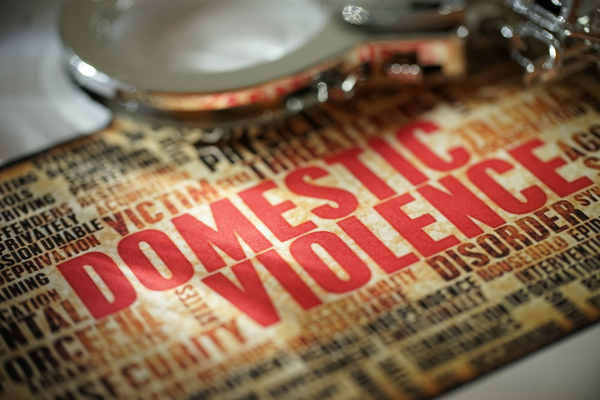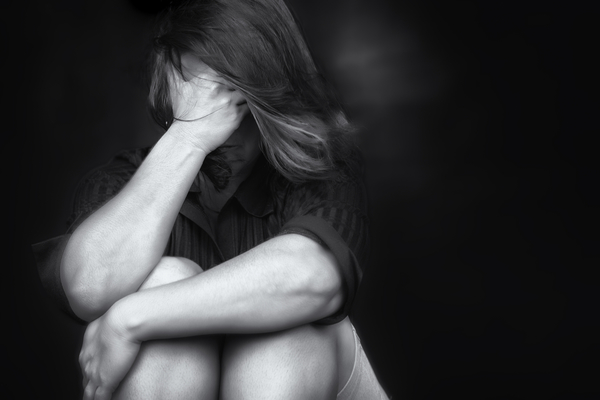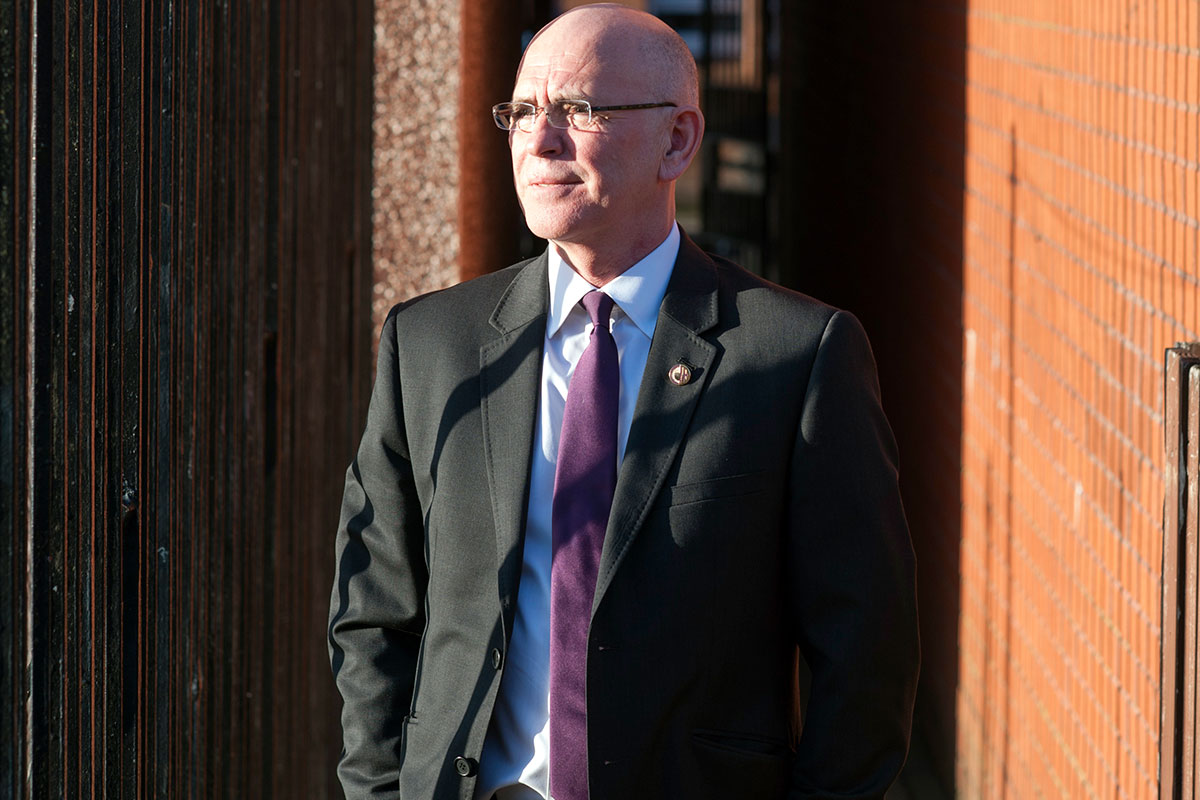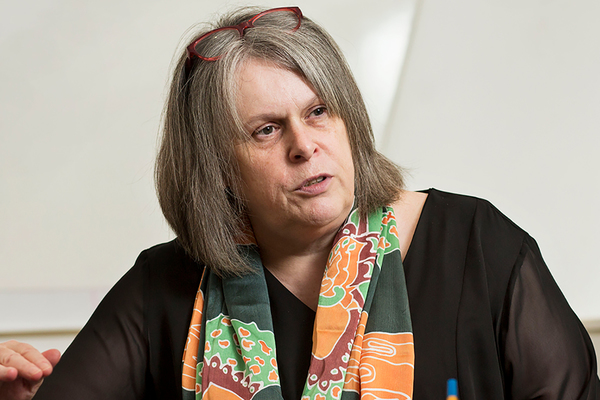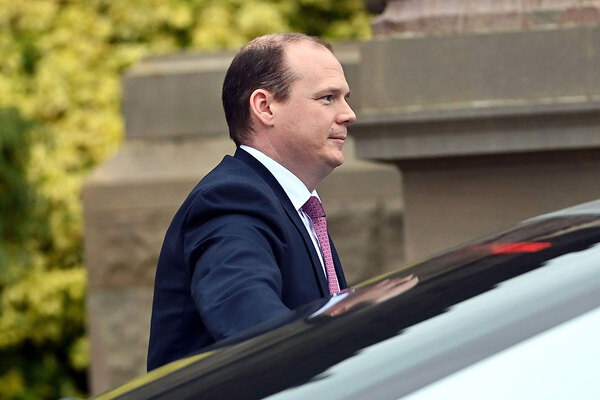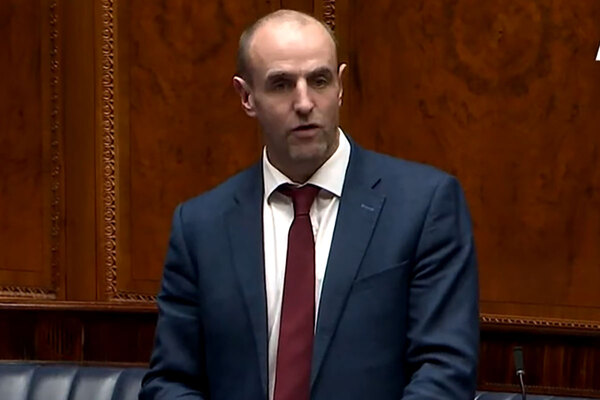You are viewing 1 of your 1 free articles
Nearly 2,000 domestic abuse survivors a year deemed ‘not vulnerable enough’ for housing help
Almost 2,000 domestic abuse survivors a year are left at risk of homelessness because council rules do not consider them vulnerable enough to need help finding permanent homes, a report has said.
Through Freedom of Information Act responses from 168 councils, homelessness charity Crisis and the All-Party Parliamentary Group for Ending Homelessness (APPGEH) found that an estimated 1,960 domestic abuse survivors are denied housing assistance because they do not qualify for ‘priority need’.
A report presenting their findings called for the law to be changed by amending the Domestic Abuse Bill to ensure everyone fleeing domestic abuse is deemed to be in priority need for housing.
It warned that many of these survivors will be forced to choose between becoming homeless and returning to their abusers.
“It’s beyond heartbreaking that people fleeing for their lives are being forced to choose between homelessness or returning to their abusers because the services that should have found them a safe home, don’t consider them a priority,” said Neil Coyle, chair of APPGEH and Labour MP for Bermondsey and Old Southwark.
“Putting lives in danger simply cannot carry on.
“The Domestic Abuse Bill is the opportune moment for the government to put an end to these harrowing stories by ensuring that everyone fleeing domestic abuse is guaranteed the safety and stability of a permanent home.”
Official statistics released last week showed that 5,380 households were made homeless in the last three months of 2018 as a direct result of domestic abuse.
Theresa May announced new measures earlier this month to ensure all domestic abuse survivors have access to emergency refuges, but Crisis and the APPGEH said the plans do not go far enough and that permanent homes are needed.
Rebecca Pritchard, director of services at Crisis, said: “It’s a horrifying thought that people fleeing domestic abuse aren’t being supported to find a safe home at a time when they need one the most.
“It’s simply not good enough that survivors are being forced to sleep rough, or are ending up stuck in temporary accommodation unable to move on with their lives because they’re being refused help to find a safe, settled home.
“It doesn’t have to be this way – that’s why we’re calling on the government to ensure survivors are guaranteed a permanent home where they can begin to rebuild their lives away from abuse.”
The Domestic Abuse Bill was introduced to parliament in January.
If passed, it will establish a statutory government definition of domestic abuse for the first time, including economic abuse and non-physical controlling abuse, as well as establishing a new domestic abuse commissioner.
A spokesperson for the Ministry of Housing, Communities and Local Government said: “We recently announced that for the first time ever, councils will be legally required to provide vital support in secure accommodation for survivors of domestic abuse and their children, and communities secretary James Brokenshire pledged over £90m for this.
“This will end the variation in support and ensure that all families are able to recover and overcome their experiences.”
Update: at 09.50am, 30/05/19 a comment from MHCLG was added to the story.
Make a Stand
The ‘Make a Stand’ pledge has been developed by CIH in partnership with Women’s Aid and the Domestic Abuse Housing Alliance (DAHA) – made up of Standing Together Against Domestic Violence, Peabody and Gentoo. It was launched under the CIH presidency of Alison Inman in 2018, and then continued by her successor as president Jim Strang.
As of 6 February 2018, 300 organisations had signed up.
As part of the pledge, housing organisations can make four commitments to support people who live and work in housing who are experiencing domestic abuse.
These four commitments are:
* To put in place and embed a policy to support residents who are experiencing domestic abuse
* To make information about national and local domestic abuse support services available on your website and in other places which are easily accessible to residents and staff
* To put in place a HR policy and procedure on domestic abuse, or to incorporate this into an existing policy, to support members of staff who are experiencing domestic abuse
* Appoint a champion in your organisation to own the activity you are doing to support people experiencing domestic abuse
Click here to read a piece by former CIH president Alison Inman explaining more about the campaign
